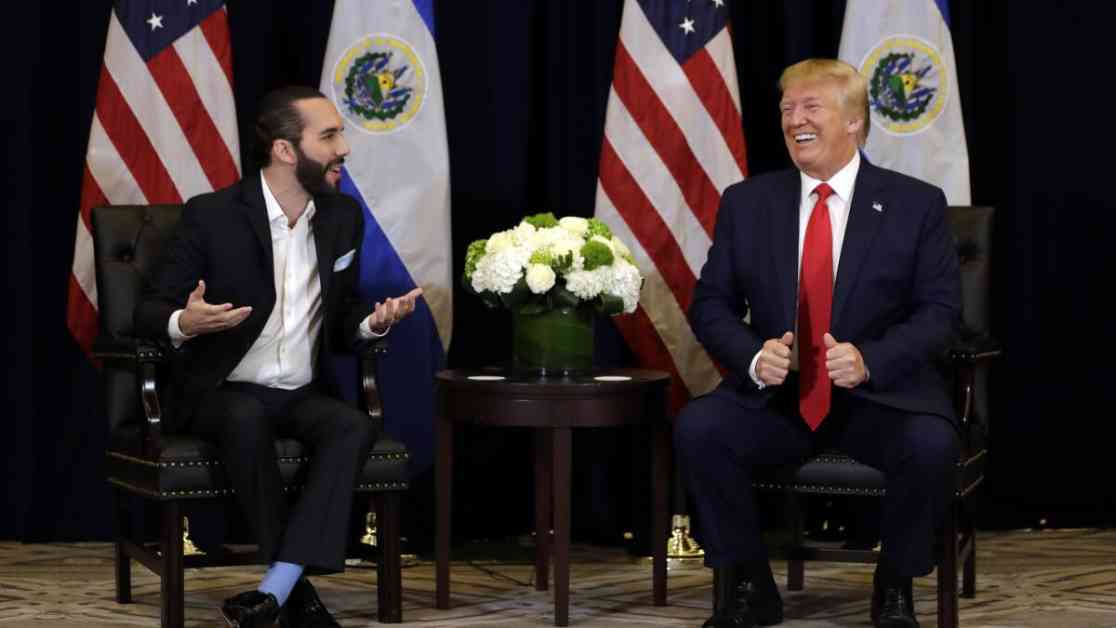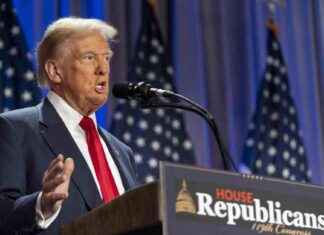SAN SALVADOR — In a display of support that raised eyebrows and stirred controversy, El Salvador’s president Nayib Bukele welcomed high-profile guests including Donald Trump Jr., Tucker Carlson, and Rep. Matt Gaetz at his inauguration this summer. The presence of these right-wing figures at the Salvadoran National Palace underscored a growing trend of courting autocratic leaders by former President Trump and his allies.
Building Alliances with Autocrats
The attendance of Trump allies at Bukele’s inauguration reflects a broader strategy by the former president to cultivate relationships with like-minded leaders across the globe. This approach, aimed at bolstering support for a potential second term, mirrors Trump’s previous alliances with autocratic figures such as Russia’s Vladimir Putin, North Korea’s Kim Jong Un, and Honduras’ Juan Orlando Hernandez. Despite criticism and concerns over human rights abuses and democratic backsliding, Trump and his allies continue to forge connections with leaders like Bukele, Hungarian President Viktor Orbán, and Argentina’s President Javier Milei.
Legitimizing Autocrats
The embrace of autocratic leaders by Trump and his allies has raised questions about the implications for U.S. foreign policy and global democracy. Critics argue that cozying up to dictators legitimizes their actions and undermines America’s moral authority on the world stage. By aligning with leaders who have been at odds with the Biden administration’s liberal values, Trump and his envoys risk eroding support for democratic principles and human rights.
Challenges and Controversies
The alliances forged by Trump and his allies with autocratic leaders have not been without challenges and controversies. While efforts to court leaders like Bukele have been met with enthusiasm, there have also been instances of public criticism and disagreements. Trump’s public mockery of Bukele’s claims about reducing El Salvador’s murder rate highlighted the complexities of maintaining relationships with autocratic figures while navigating domestic and international politics.
Despite the controversies and criticisms surrounding Trump’s foreign strategy, the continued efforts to build alliances with autocratic leaders reflect a broader shift in global politics towards populist and nationalist ideologies. As the world grapples with the implications of these evolving dynamics, the impact of courting autocrats on international relations and democratic norms remains a topic of ongoing debate and scrutiny.



























